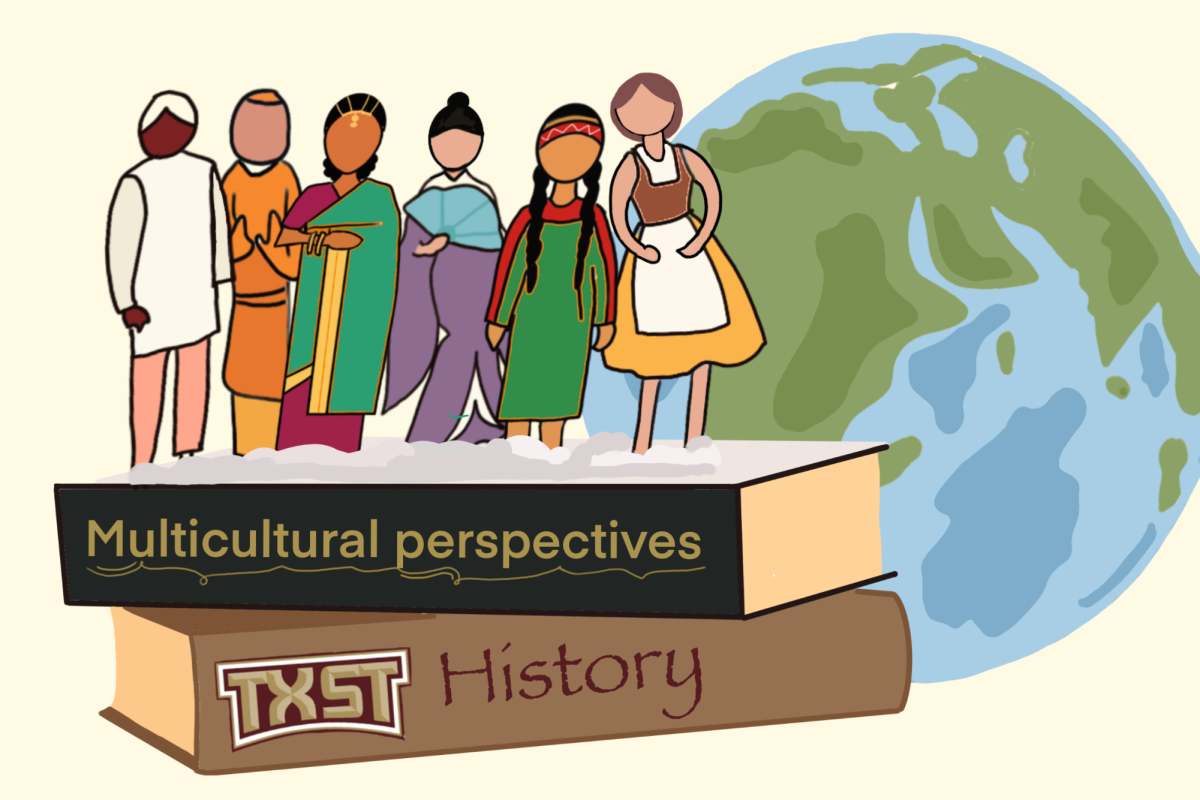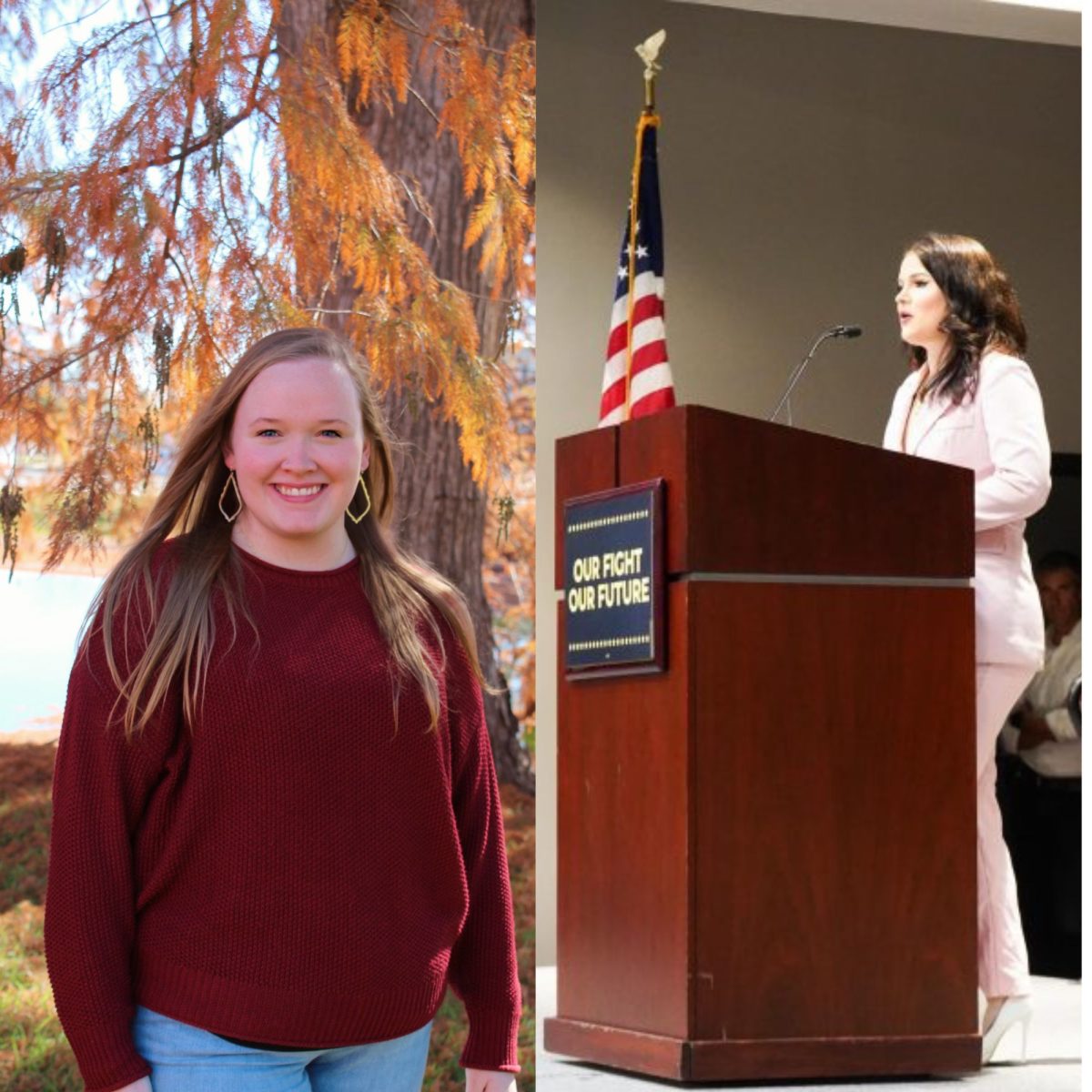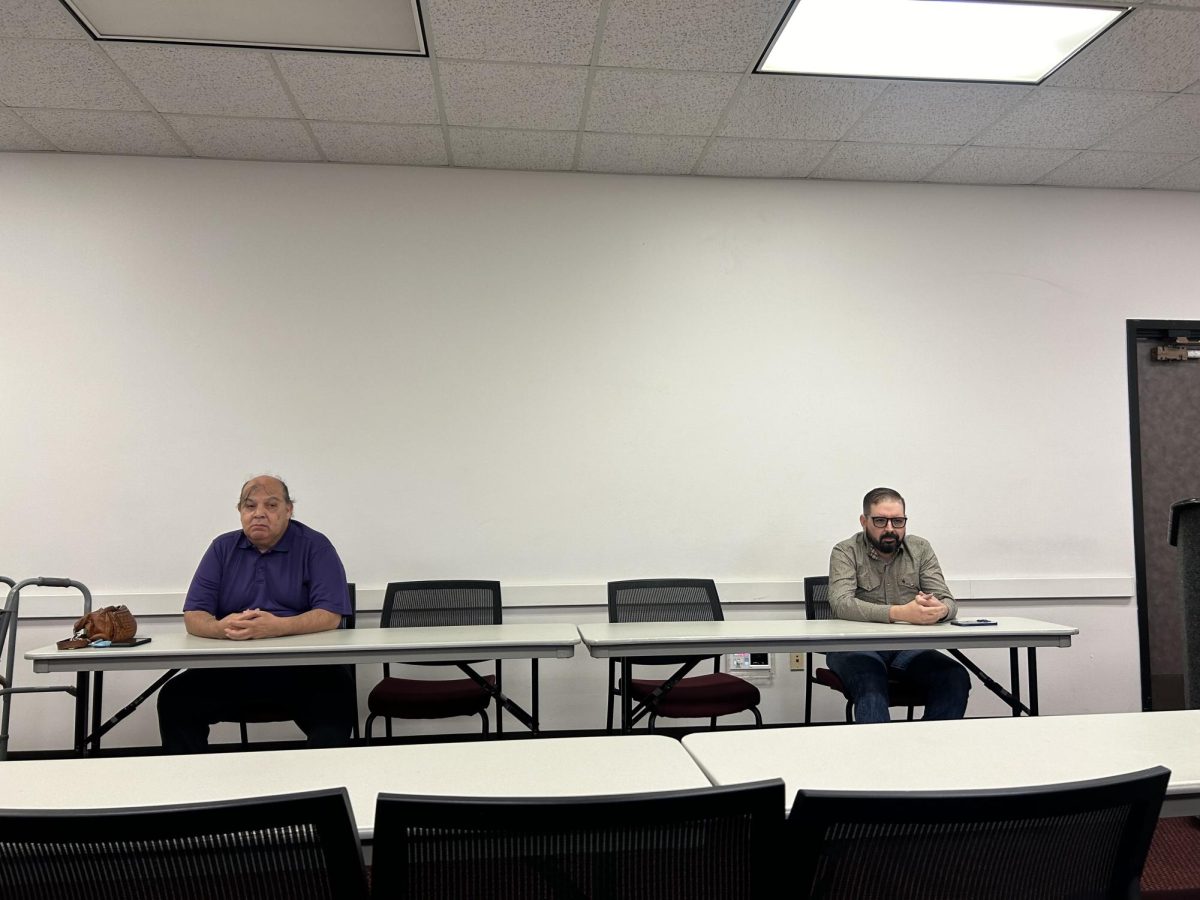Social media has skewed students’ relationship with politics through the emphasis on scandals, crimes and corruption instead of meaningful diplomacy and legislation.
The political world is no longer about substance; it’s about spectacle. In modern politics, show business and diplomacy go hand in hand. This has largely resulted from the increase in the coverage of theatrical public displays rather than effective competence within the realm of diplomacy.
Over time, the effectiveness of the U.S. congress has eroded. According to a Vox article, the 85th congress passed roughly 1,000 public laws, compared to the 112th congress which only passed 220 public laws.
This can be largely attributed to the ever-changing political landscape of U.S. politics. In 2016, for example, our nation elected a presidential candidate that had no political experience. This indicated a shift in what people have begun to value: entertainment over effectiveness.
This is problematic because certain political issues could directly affect students. Educational financing, municipal legislation in your city or even regulations regarding educational tax cuts that could defund extracurricular activities financed by universities.
According to the Texas Tribune, the agenda for the 2023 legislative session centered around budget allocation, LGBTQ+ laws and local regulations.
The Texas Tribune also recorded a few pieces of legislation that failed to pass, centered around creating education savings accounts and increasing school funding. Both highly relevant issues to the average college student, and yet, flew largely under the radar due to the prioritization of entertainment over relevancy.
A large reason as to why social media has become the primary source for political news could be due to the distrust of established news networks. According to Project Information Literacy, more than a third of students said their distrust of the news stemmed from “fake news.”
This has resulted in younger age groups looking toward social media for information. According to Statista, 47% of people aged 18-34 use social media for daily news. Of that specific age group, less than 6% read anything from local newspapers.
Social media is constantly flooded with the latest updates regarding the most popular people on the platforms. We need to understand the number of followers someone has does not translate to the amount of consideration you should give to their opinion.
The influential psychology of public figures is more than just a public phenomenon. According to a study conducted by Knowledge at Wharton, the public tend to trust an item more if it is endorsed by a celebrity.
This sales concept translates to our perception of celebrity perspective. When a public figure voices their opinion regarding a topic, they are, in turn, selling their viewpoint.
We need to stop giving social media the power to distort our view of politics. Our government is not simply a theater for scandal and corruption, Instead, we need to see it as a necessary part of not only our lives but the lives of our nation.
You owe it to yourself to distinguish fact from fiction. To do so, we need to get out of TikTok and Instagram, and into credible news sources to be able to differentiate between the ridiculous and the relevant.
-Jonny Wheatcroft is a physics junior
The University Star welcomes Letters to the Editor from its readers. All submissions are reviewed and considered by the Editor-in-Chief and Opinions Editor for publication. Not all letters are guaranteed for publication.





















Scott Trimble • Oct 31, 2023 at 3:05 pm
While there are some relevant observations here, such as the over-valuation of celebrity opinions and the need for critical evaluation, such critiques must be grounded in an understanding of relevant circumstances. For instance, while you note the skepticism stemming from the impression that much of the available news is “fake,” there is no inquiry into why or how this distrust was sown. I’m considerably older than most students, but those of us who were engaging with news media in 2002-3 may remember how every corporate news outlet, whether television, radio, or print, accepted unquestioningly the government’s lies put forward to drum up support for the entirely unwarranted and unjustifiable invasion of Iraq, some going so far as to fire some people who dared to question the Bush administration’s narrative. https://www.theintelligencer.com/news/article/Phil-Donahue-Strikes-Back-at-MSNBC-10509001.php
Moreover, the article seems to imply that the “problem” of getting one’s news from social media is peculiar to the youngest age group. However, while the 18-34 cohort in the Statista source cited had the highest percentage using social media as a news source, three out of four of the age groups (all except 65 & over) showed a plurality of those surveyed using social media as at least one of their news sources. Consequently, this isn’t really a student issue. Roughly 61% of the population is between 18 and 64.
Rather than quibbling about each fallacy in the opinion above, let’s focus on the conclusions. Are we really “giving social media the power to distort our view of politics”? Given that most social media sites allow users to curate their environment, it may actually be the opposite. That is, we may be choosing a “distorted” view on history, current events, and politics based on opinions we already hold.
Should we really see our government “as a necessary part of not only our lives but the lives of our nation”? Or should we recognize analyses such as Gilens and Page’s “Testing Theories of American Politics” (https://www.americashealthrankings.org/explore/measures/pct_18-64) as evidence that “our” government should be considered an external force that affects us, but not one that we should consider necessary or beneficial to the vast majority of us?
It is entirely true that we owe it to ourselves to “distinguish fact from fiction,” but proffering as a solution that “we need to get…into credible news sources” is circular logic. If we cannot distinguish fact from fiction, how are we to determine which news sources are credible? Certainly, as 2002-3 showed us, we cannot simply trust the largest corporate providers, so we are left to judge for ourselves. We can complain that our educational system should teach critical thinking, but given a government that serves the ultra-wealthy and aims to deceive us whenever it deems it necessary to continue serving its true clientele, that would just be chasing rainbows.